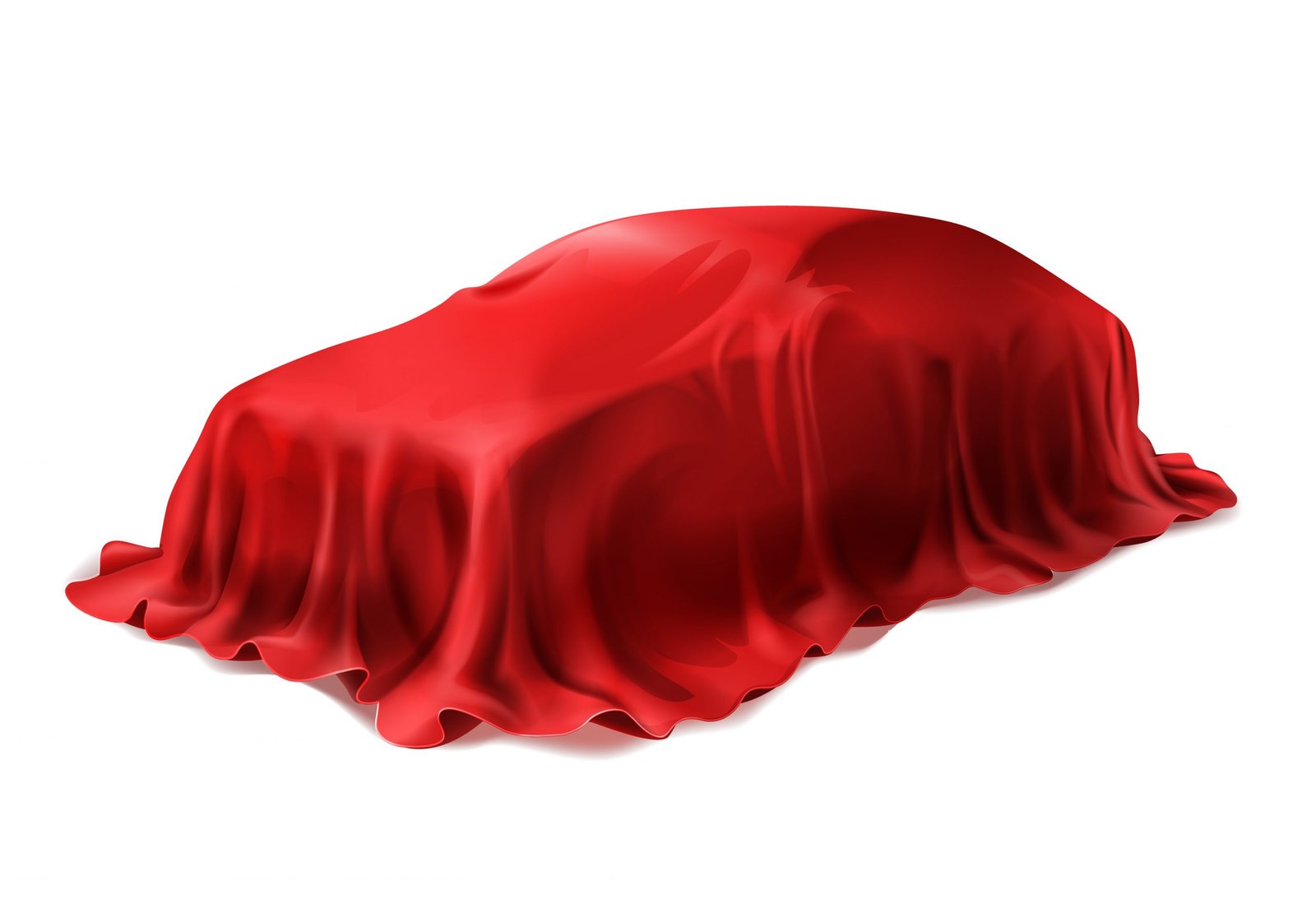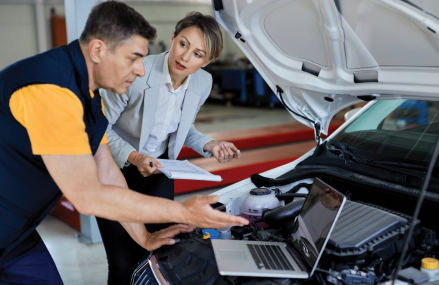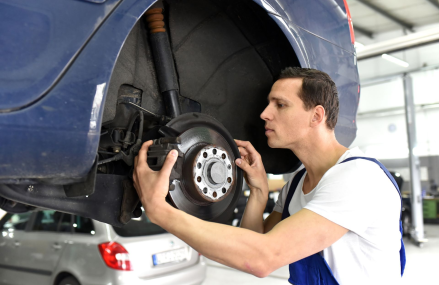Have you just gotten your license? Or maybe you’ve just been traveling from A to B no good old public transport. Either way, getting your first car is an incredibly exciting experience. Say goodbye to endless trains and buses, walks through the heat and cold, and ask your parents for lifts on a Friday night.

Sometimes, in the flurry of excitement, it can be hard to remember everything you need to consider when buying your first car. But don’t stress – we’ve got you covered with this list.
1. Do your research
Honestly, the best way to make this process as seamless as possible is to know what you want and do your research before you hit the road.
Which brands do you like? What size are you after? What features are non-negotiable, and which can you live without? Going into the search with a solid idea of what you want from your first car.
A lot of first-time car buyers are looking for small or mid-size cars – often something like a Mazda 3, Suzuki Swift, or Skoda Scala. They’re a little bit easier to maneuver and handle on the roads, which is handy for those who might not necessarily have a lot of driving experience under their belts.
A lot of people will have brand preferences, too. Have a look online at different brands, models, and their reviews to scope out what you’re after.
2. Set a budget
This one will probably help narrow down your search pretty significantly. How much money do you have to spend on your first car? Set yourself a budget and stick to it.
This might also help you decide whether you want a new or used car, or whether you get a hatchback or an SUV the size of a Subaru Outback, for example.
There might also be different finance options available, too.
Keep in mind additional costs, too.
- Ongoing maintenance costs
- Petrol
- Stamp duty
- Registration
- Delivery
- GST
- Insurance
3. Manual or auto?
This one will probably depend on how you learned to drive. Obviously, if you’ve only learned and acquired your automatic license, you’ll be sticking with an automatic car. And most people who learn in manual prefer to get a manual car.
But if you’ve learned in manual and want to get an automatic, this is something to consider prior to starting your search.
4. New or used?
This one very much depends on the budget you’ve set. New cars are great but don’t underestimate used cars or demo cars. They’re a super affordable option and the cars on offer are often in great condition. Consider whether you want to buy from a dealer or privately, and what that entails.
You can check out our Ultimate Used Car Buying Guide for more info.
5. Vehicle condition
Checking on vehicle conditions is something you really need to keep in mind when buying a used or demo car. Make sure you inspect the car, both outside, inside, and as you test drive it. Keep a sharp eye out for any defects or signs of damage, and test out all of the electronics and functions to make sure they’re all in working order.
If you’re buying a used car, it’s a good idea to get it mechanically inspected.
6. Ownership history
Again, applicable to used cars, but a consideration to have. Getting as much detail as possible about the car’s history will help you identify any potential problems you may have with the car going forward. Who owned it before? Has the car been in any accidents? How often has it been serviced?
Knowing all of these things will save you time and money in the future.
7. Safety rating
When it comes to safety, you’ll want to find the highest ANCAP safety rating possible. This one goes without saying. Keep in mind that ANCAP’s test criteria have changed over the years – that is, higher standards of safety have been introduced over time. So a 5-star ANCAP safety rating from twenty years ago may not translate the same way in today’s standards.
8. Test drive!
This is a must. Make sure you take your prospective new car out for a test drive to make sure it runs smoothly and that you’re comfortable behind the wheel.
9. Ask the right questions
Make sure you’re asking all the right questions when scoping out your first car.
For new cars
- What features come as standard on the base model?
- How much do higher trim levels cost?
- What are the options for upgrading features?
- What are the on-road costs?
- How long is the warranty?
- Are there any promotional deals?
For used cars
- Do you have a full-service history?
- Do you have documentation of previous owners?
- How many kilometers has it been done?
- Have there ever been any issues with this car?
- Has it ever been in an accident?
10. Negotiate
This goes for buying both new and used cars. There’s always a bit of wiggle room, so throw in a few counter offers and see how it goes. Chances are, you’ll shave a bit off the asking price.
Enjoy!
Once you’ve gone through this list and successfully purchased your very first car, now it’s time to enjoy! Hit the road with your newfound freedom, but remember to always drive safely.



